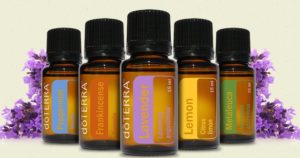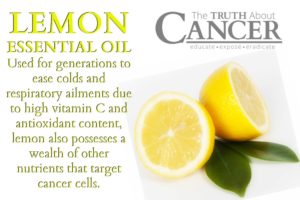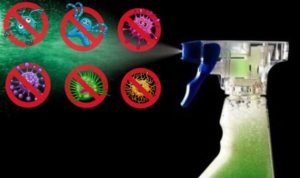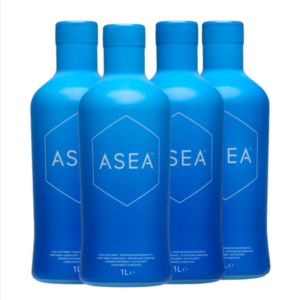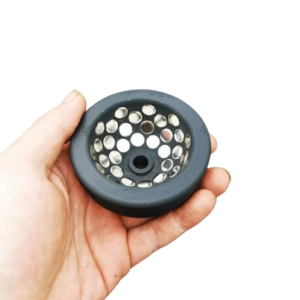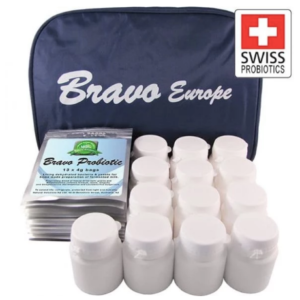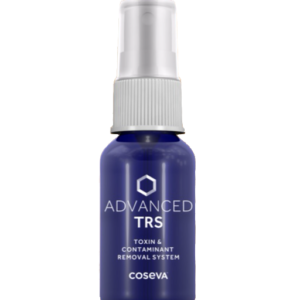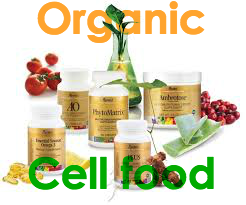Don’t get toxic cleaning yourself everyday! get clean cleaning yourself …
Essential oils they really work! “They are not just wet alchemy!” – Ettiene Charland
They interact with the body and it’s energy fields and chakras on many levels!
They are higher vibration than ANY food or medicine close to that and yet still higher than fresh herbs.
So who wants to get virus busting to help yourself your community and of course the world?
Many essential oils not only have grease-cutting, fat busting and stain-fighting abilities, but they also have antimicrobial properties that kill germs, viruses (yes like the corona virus) and bacteria.
Another important functional group found in different essential oils is alcohol group (hydroxyl group). Natural alcohols kill bacteria by breaking down their membrane. The most common alcohols found in essential oils are linalool, menthol, geraniol, and santalol. Sandalwood essential oil, for instance, contains 90% of santalol.
Because of these special properties, essential oils can be used as a safe and natural alternative to the chemicals foundin commercial cleaning products. Thank god! we can get healthier and cleaner for less!!!
That’s another awesome reason why essential oils are great for cleaning, because it can save you money!
When you make your own cleaners at home using essential oils, you’ll be saving the money you would have spent on those expensive store-bought cleaners. Plus, you only need to use a few drops of essential oils for most cleaning applications or recipes. That means that even a small bottle of oil will go a long way toward keeping your house clean!
Tea Tree Essential Oil – Tea tree oil has antibacterial, antiviral, and anti-fungal properties, which makes it very useful for fighting germs on just about any surface in your home. It’s very useful during cold and flu season for keeping doorknobs, countertops, and other frequently touched surfaces free of germs.
Lavender Essential Oil – Lavender oil has antimicrobial properties, and its scent has been shown to have a relaxing effect. Use it to keep fabrics and textiles around your house clean and fresh!
Lemon Essential Oil – Lemon oil is antibacterial, and it can cut through greasy messes with ease! It’s a great choice for cleaning jobs in the kitchen, like your stovetop, oven, and even your floors.
Peppermint Essential Oil – Peppermint oil also has antibacterial qualities, with a minty fresh scent that has an invigorating effect! This oil makes a great all-purpose cleaner for just about any surface in your house!
Cinnamon essential oil – According to the recent 2018 study published in the Microbial Pathogenesis, cinnamon essential oil and its two constituents called cinnamaldehyde and cinnamic acid successfully inhibit bacteria by damaging their cell membrane.
Thyme essential oil – is rich in thymol, carvacrol, and linalool. All these constituents will help you stay protected from bacteria and other environmental threats, even those found in food. Salmonella, for instance, is a bacteria genus that often contaminates eggs, poultry, and other raw meats. According to the International Journal of Food Microbiology, thyme essential oil is potent enough to inhibit the salmonella.
Oregano essential oil – is packed with bactericidal phenols that can help you improve your cleaning routine. You can feel free to substitute your store-bought bathroom chemical cleaners with oregano essential oil. The potent essence of oregano is strong enough to inhibit E. coli and bacterium called Pseudomonas aeruginosa. This germ is mostly found in hot tubs, pools and other standing water as well as on the objects that are regularly exposed to moisture.
Eucalyptus essential oil – Diffusing just a few drops into the air can help you kill germs, relieve a cough and clear sinuses. Using eucalyptus during flu seasons is especially recommended. The antiseptic value of eucalyptus oil can be attributed to the component called eucalyptol also known as 1,8-cineole. This major constituent showed antimicrobial effects on bacteria that cause tuberculosis, drug-resistant bacteria causing staph infections, different viruses, and fungi, including Candida.
Clove bud oil – contains about 80 to 90% of eugenol. The research shows that E. coli, acne-causing Staph aureus, and pneumonia-causing Pseudomonas aeruginosa are especially sensitive to clove essence.These antibacterial and antiviral properties of clove essential oil can help you disinfect your home, especially during cold and flu season. Airborne particles of essence will help you boost your immune system and give you a better chance at fighting bacteria and viruses.
Ingredients:
– 2 cups warm water
– 2 Tbsp baking soda
– 2 tsp castile soap
– 20 drops lemon essential oil
You can use any essential oils of your choice, however, we recommend using some of the best essential oils for cleaning, including Wild Orange, Eucalyptus, doTERRA On Guard® and Grapefruit.
When you use this all-purpose spray to wipe down surfaces in the bathroom, kitchen, and other common areas, you’ll be doing the environment and therefore your health a huge favor, while keeping your family safe and adding an extra element of freshness to the home.
Summary
Essential oils are a great natural alternative to the conventional chemical cleaner that we have grown so used to. They are much safer for our health and the environment.
Extensive medical research shows that essential oils packed with antiseptic compounds successfully remove some of the most resistant bacteria found in our homes. Just as any other cleaning agent, essential oils have to be used with caution as they can burn the skin, especially oregano, cloe oil is strong enough to numb the mouth enough to take away the pain of having a tooth extracted .

